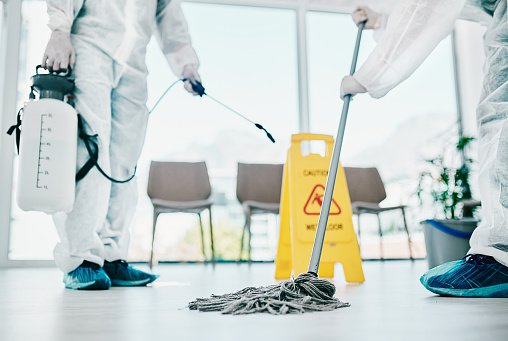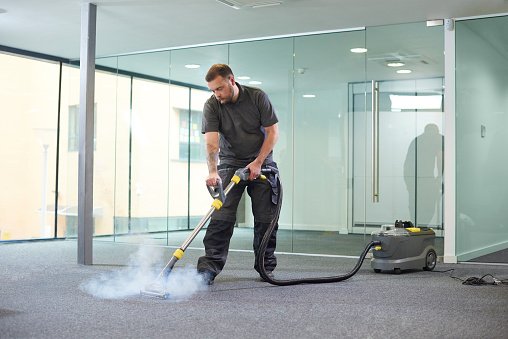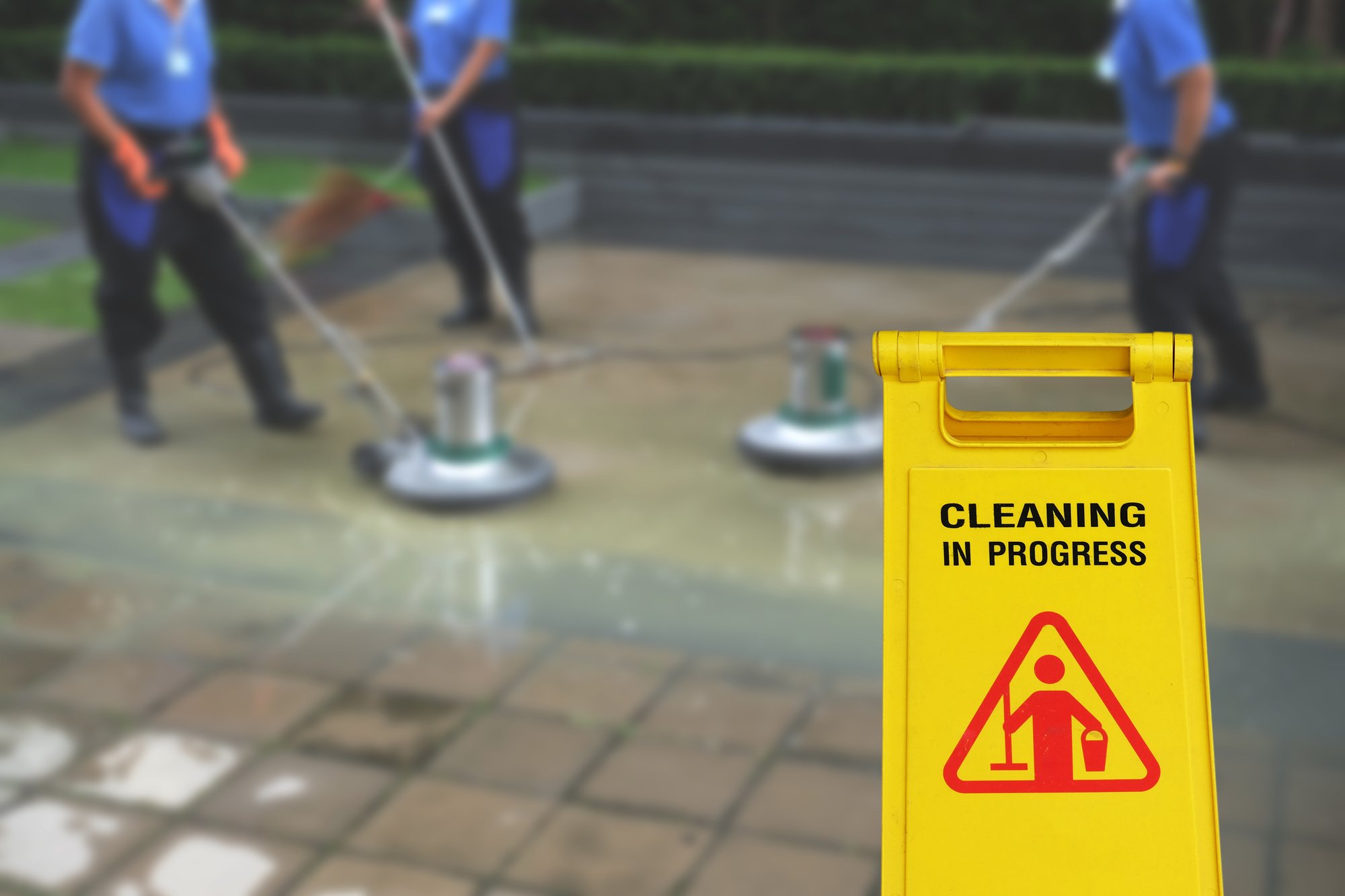
Crime scene cleanup is quite literally a field of specialized cleaning. There are many different methods for cleaning up blood, bodies, vomit, etc... It's not just about being clean... it's about being safe. Cleaning blood or hazardous waste from a crime scene can pose serious health threats to anyone who comes into contact with it. Check out more details about the top rated Spokane Crime Scene Cleanup firm on this site.
Crime scene cleanup is also commonly known as forensic clean up, as most crime scenes are often only a small portion of the overall situations where biohazard cleanup is required. In addition to blood and bodily fluids, death scenes may contain biohazards such as toxic chemicals or bloodborne pathogens. Unfortunately, these are not always detected until after the cleanup has been done, making the risk of infection very real. And this is why it's so important to hire an experienced company to properly remove all biohazards and dispose of all waste products safely.
The first step in crime scene cleanup and restoration services is removal. This is a pretty broad topic and there are a lot of different solutions available. In the simplest form, this means physically removing the evidence. This can be as simple as physically moving the blood by hand, or as complex as using special equipment designed for this purpose. Many companies offer a variety of removal services, depending on the situation.
After the physical removal is complete, the next step in the process is cleaning. This is usually accomplished with the use of biohazards removal solutions, as well as hazardous waste disposal and personal protection equipment. Some companies offer additional services, including cleaning of surfaces contaminated with bodily fluids or infectious matter. In addition, they may provide covering and suturing of wounds, removal of contaminated clothing, disinfection of personal care equipment, etc.
The final steps in the crime scene cleanup and restoration process include stabilization. This is basically finishing touches. This step involves the cleanup of the area and any excess materials left behind. It also means that any medical issues have been addressed, and any safety concerns have been addressed. This will help ensure that the scene looks as clean and professional as possible, and that the area stays free of disease, germs, or bodily fluids. You can learn more here about the best crime scene cleaning service provider.
When you're looking into getting crime scene cleanup and restoration done, remember that there are some big decisions you need to make. Decide what kinds of services you need, who you need to hire, what the costs are going to be, and whether or not it's even worth the expense. It's easy to get overwhelmed, but don't let that happen. Make sure you do everything you can to ensure the cleanup and restoration of your crimes scenes. Find out more details in relation to this topic here: https://en.wikipedia.org/wiki/Crime_scene_cleanup.


